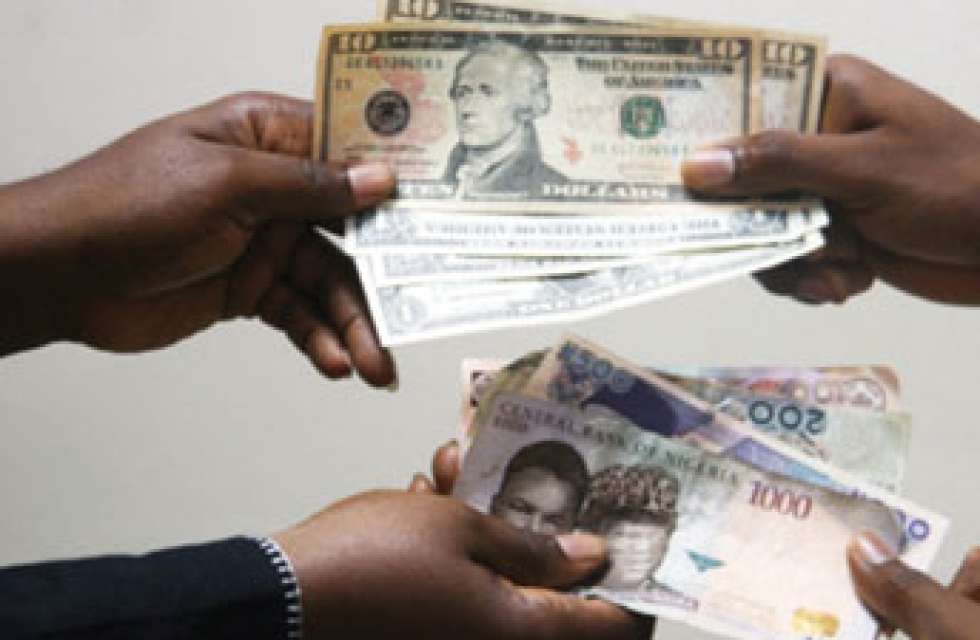 The dollar now exchanges for between 390 to 400 naira in the Nigerian capital, Abuja.
The dollar now exchanges for between 390 to 400 naira in the Nigerian capital, Abuja.
A visit to the zone four axis of the Nigerian capital where the foreign exchange business booms shows exchange rates had been adjusted by the dealers.
The BDC operators association leaders were seen telling their members to comply with the new exchange rate regime.
The operators say the development is due to their ability to access the diaspora fund from the apex bank through the commercial banks at 381 naira.
They say this rate will be maintained provided the diaspora funds remain accessible to them for trading.
The operators also claim the regulatory body threatened to revoke their licenses if the new rate is not complied with.
Some others say they received threats from security agents to comply with the rates.




